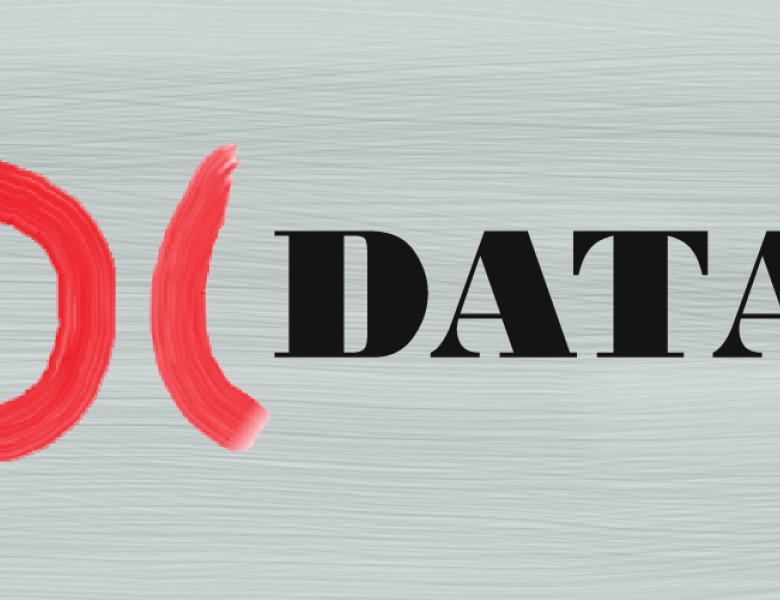
Abstract
Differential privacy is a cryptographically motivated definition of privacy which has gained considerable attention in the algorithms, machine-learning and data-mining communities. While there has been an explosion of work on differentially private machine learning algorithms, an important barrier to achieving end-to-end differential privacy in practical machine learning applications is the lack of an effective procedure for differentially private parameter tuning, or, determining the parameter value (such as a regularization parameter for SVMs or bin size for histograms) that is suitable for a particular application.
In this paper, we introduce a generic validation procedure for differentially private machine learning algorithms that apply when a certain stability condition holds on the training algorithm and the validation performance metric. The training data size and the privacy budget used for training in our procedure is independent of the number of parameter values searched over. We apply our generic procedure to two fundamental tasks in statistics and machine-learning—training a regularized linear classifier and building a histogram density estimator that result in end-to-end differentially private solutions for these problems.
Based on joint work with Staal Vinterbo.


